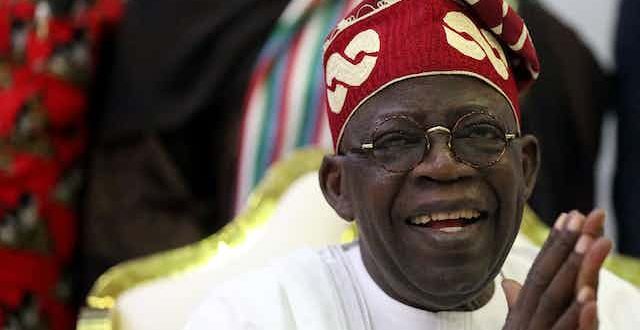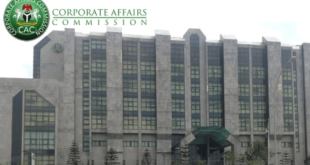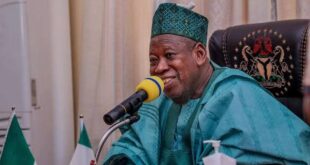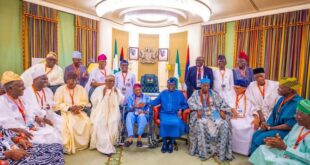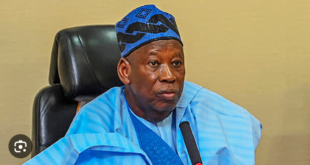Nigerian President Bola Tinubu has moved at lightning speed in his first month in office, implementing a raft of radical changes aimed at finally unleashing the full potential of Africa’s sluggish economic giant.
But while his rapid headway on reforms has wowed investors, some analysts, observers and business leaders warn that bigger challenges await and question whether the 71 -year old viewed by many as part of Nigeria’s old guard – is really the man to take them on.
“There has been a big policy shift (but) I think there are things that investors would like to see happening to really be convinced that this is a clean break from the past,” said Jason Tuvey, deputy chief emerging markets economist at Capital Economics.
Nigeria today faces record debt, unemployment is worryingly high, and power shortages have contributed to years of anaemic growth. Oil output is shrinking. And rampant insecurity has placed swathes of the countryside outside government control.
Solving those problems would be hard. But the task is made harder, observers say, by the rampant corruption and entrenched patronage networks so often blamed for the country’s woes.
“The path to political power in Nigeria, over time, has always been through these vested interests,” said Bismarck Rewane, CEO at Financial Derivatives Company in Lagos.
“When you deny them of their source of livelihood, then they will fight back.”
KEEPING THE PEOPLE ON SIDE
Days after his inauguration, Tinubu scrapped a decades-old petrol subsidy. He then quickly suspended the central bank governor and freed up the exchange rate.
Both reforms should have long-term payoffs. Cementing them in the near-term won’t be easy, however.
In a televised appeal, Tinubu argued ending the costly subsidy would free up money for education, regular power supply and healthcare, and “save our country from going under”.
But the subsidy was popular.
Petrol prices have nearly tripled, hitting millions of households and small businesses that rely on petrol for power because the national grid is patchy. Transport fares have soared for workers and farmers taking produce to market.
“Tinubu said he was the best man for the job but we go suffer already,” said Lagos driver Tunau Taiwo, 38. “What will happen after six months?”
An attempt to reduce the subsidy a decade ago provoked protests, forcing the government to backtrack. And unions are calling for Tinubu to reverse course or, failing that, impose a six-fold hike in the minimum wage.
Ending forex restrictions and unifying the exchange rate to end chronic dollar shortages will cause further pain.
The resulting naira devaluation could accelerate inflation in a country where four in 10 live below the poverty line.
Tinubu won’t be able to count on post-election popularity while he waits for reforms to bear fruit, having garnered the fewest votes of any president since military rule ended in 1999.
His win is still being challenged in court.
“Nigeria was already hurting, so he needs to build consensus around the reforms. He has a legitimacy deficit,” said Nnamdi Obasi, senior Nigeria advisor for the International Crisis Group think-tank.
ENTRENCHED NETWORKS
Tinubu’s ambitions to build a $1 trillion economy in eight years could come unstuck in part due to chronic power shortages. The national grid produces only 4,500 megawatts, leaving millions in the dark.
Getting the lights on would be a major win, but to do so some say Tinubu must remove grid subsidies and cut red tape.
“If deregulation happens and actual prices are reflected, then the value proposition becomes crystal clear, and there will be more investors willing to invest in the sector,” said Prince Ojeabulu, CEO at renewables firm Rensource Energy.
But Nigerian state authority is largely built on control and subsidies that keep prices low and vested interests happy.
Tackling insecurity will be equally thorny.
When predecessor Muhammadu Buhari came to power in 2015, many hoped the retired major general would successfully crack down on armed groups.
Instead, violence that had mostly been confined to the northeast has spread.
Tinubu cleaned house last week, removing security chiefs and the head of police. But he faces obstacles.
The military has its own entrenched patronage system, while political analysts say armed groups in the Nigeria Delta involved in industrial-scale oil theft operate with support from some politicians.
And some northwestern armed gangs behind kidnapping rings started as crime-fighting vigilante groups backed by state-governments.
Tinubu will be judged on how he tackles these networks, their corruption and criminality. Analysts say there are reasons to question his commitment.
Tinubu has said he will set up a surveillance unit to protect oil pipelines and create “anti-terrorist battalions” and special forces to fight jihadists and armed gangs. He also wants the military involved in community initiatives to “win hearts and minds.”
As a member of Buhari’s ruling party, Tinubu benefited from a political machine and largely owes his election victory to its deep political, religious and tribal networks.
Observers worry that could leave the new president beholden to them. Tinubu suspended the head of the financial and economic crimes agency, but has yet to outline an anti-graft plan.
“He has never been known to be a great fighter of corruption,” said Obasi. “He hasn’t said anything memorable about it and his body language doesn’t suggest anything revolutionary will be done.”
Source:Reuters Analysis -Editing by Joe Bavier and Conor Humphries
 The Commerce Africa African Reneissance
The Commerce Africa African Reneissance
